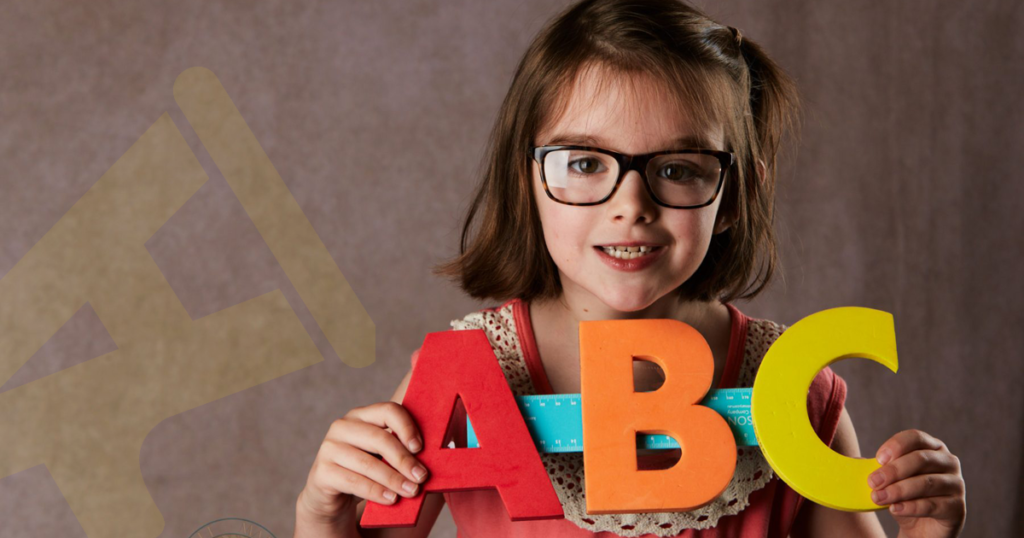14 October is Developmental Language Disorder (DLD) Awareness Day, a timely reminder of this common but unrecognised disability

While many people are familiar with conditions like autism or cerebral palsy, very few have heard of DLD, or Developmental Language Disorder.
DLD is a hidden but common disability that affects 1 in 14 people, causing difficulties understanding and using language for no known reason.
The 2022 DLDday theme is Growing with DLD, highlighting that DLD is a lifelong, permanent disability. People do not grow out of DLD but with individualised supports that can include regular speech-language therapy and educational adjustments they can thrive. It’s about growing with DLD.
To mark the day on 14 October, over 85 locations across the globe will light up to raise awareness of DLD with Brisbane’s King George Square and iconic Story Bridge among those landmarks to be lit up in Purple and Yellow.
Raising Awareness of Developmental Language Disorder (RADLD), the lead organisation who coordinates international DLDday are advocating for increased recognition and support for people with DLD across their lifespan.
“People with DLD are 6 times more likely to suffer from anxiety and 3 times more likely to have clinical depression. They are also at significant risk of struggling with reading, spelling and mathematics. Although DLD is a common condition affecting many areas of life, people with DLD are unlikely to receive access to services,” said Stephen Parsons, Chair of RADLD.
Language Disorder Australia also advocates to raise awareness of the condition. Operating three Bright Door clinics in Queensland and the only school in Australia focused on Language Disorder, Mancel College, the organisation works with children and young people with DLD regularly.
“Sometimes it is frustrating to see that children with Developmental Language Disorder are struggling and falling through the cracks in the education system despite the prevalence of the condition. They are often as intelligent as other children their age, but still have difficulties with language. There may be no outward signs of disability and no obvious physical indicators of a problem.” says Lisa Quinn, Head of Allied Health.




